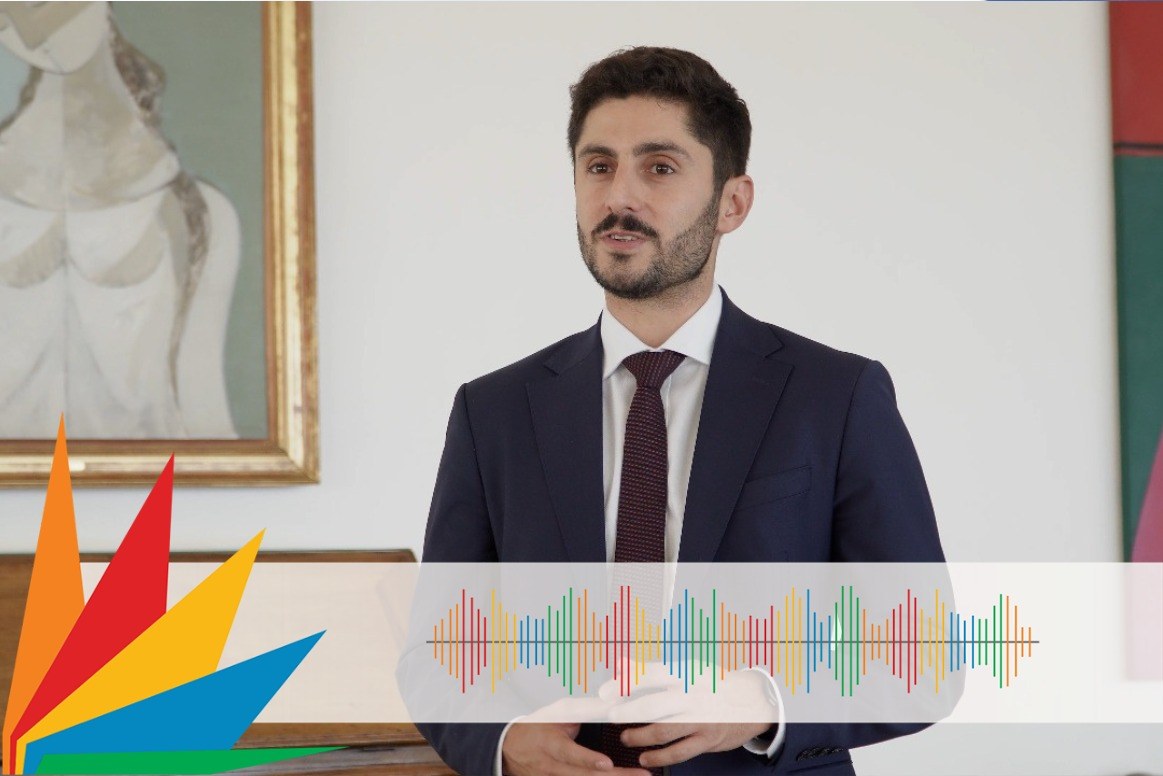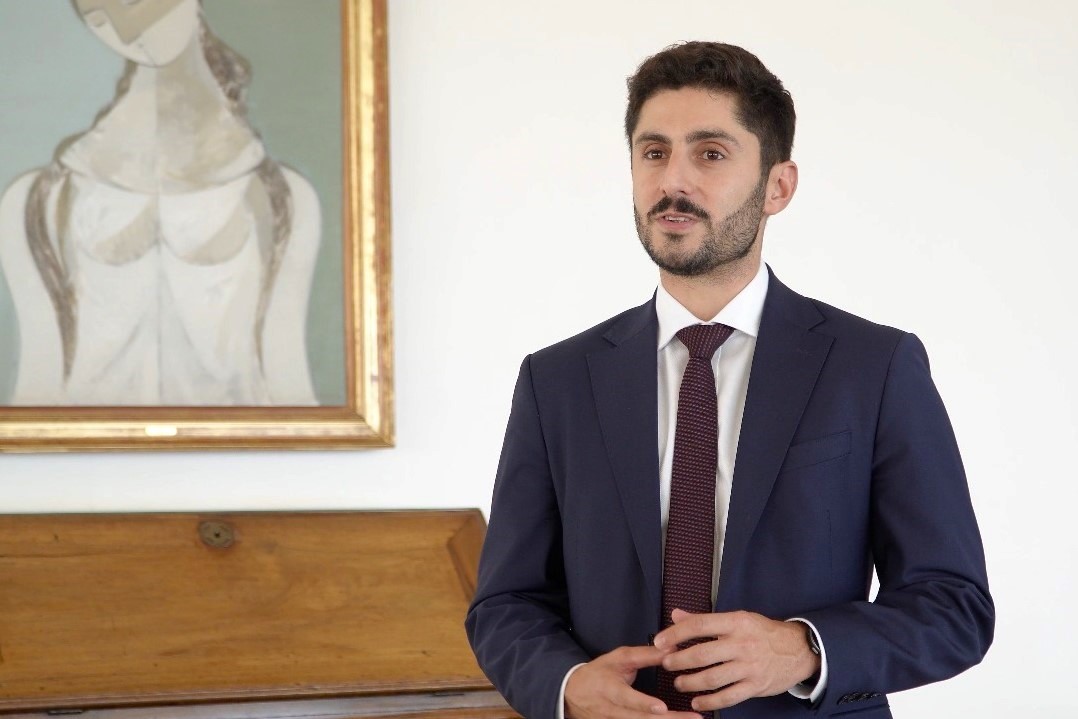BRICS Brasil Bulletin #16 - OIJ secretary defends greater youth leadership and presence in BRICS decision-making
In 2024, Alexandre Pupo became the first Brazilian to serve as Secretary-General of the International Youth Organization for Ibero-America (OIJ). At the BRICS Youth Summit, he championed youth leadership and emphasized South-South cooperation as a path to building a more inclusive and sustainable future. Listen the exclusive interview with Alexandre Pupo.

Report: Franciéli Barcellos de Moraes / BRICS Brasil
Voice-over: Rebeca Rodrigues and Nycolas Verly
Reporter: In 2024, Alexandre Pupo made history by being elected Secretary-General of the International Youth Organization for Ibero-America (OIJ)—the first Brazilian to hold the post. The organization represents 21 countries, including BRICS partner nations such as Bolivia and Cuba. During the BRICS Youth Summit in Brasilia, Pupo spoke with the communications team from the BRICS Brasil website.
Secretary Pupo highlighted the New Youth Agenda, advocating not only for greater youth participation but for young people to lead debates and build their own forums. He views South-South cooperation as a strategic route to developing more inclusive global solutions. Here are highlights from the interview.
Reporter: Pupo, how does the International Youth Organization for Ibero-America align with BRICS?
Alexandre Pupo: He stated that the truth is, there’s a great deal of synergy. The Ibero-American community is made up largely of developing countries. So there’s a lot that connects the youth of the Global South—whether in Latin America, Ibero-America, or the broader world represented by BRICS.
Reporter: And what is the common demand uniting these young people?
Alexandre Pupo: He said that he thinks it comes down to one idea: youth want a future. On one hand, there are socioeconomic issues—barriers to employment, for instance. On the other, there’s the growing difficulty of imagining a future in the face of the climate crisis, digital transformation, and artificial intelligence.
Reporter: But how do we ensure that youth aren’t just seated at the table, but are actually making decisions?
Alexandre Pupo: He affirmed that he thinks this movement began with the demand for quotas—youth quotas in union leadership, in political party leadership. We said youth must have a seat at the table. And that’s essential: having youth at the table ensures that the next generation is engaged in the debate. But that’s not enough. What’s the point of having youth at the table just to check a box, to fulfill a protocol, if they aren’t helping define the direction of decision-making?
Reporter: To read the full interview, visit brics.br
English version by: Judas Tadeu de Azevedo Neto (POET/UFC)
Proofreading by: Kelvis Santiago do Nascimento (POET/UFC)
